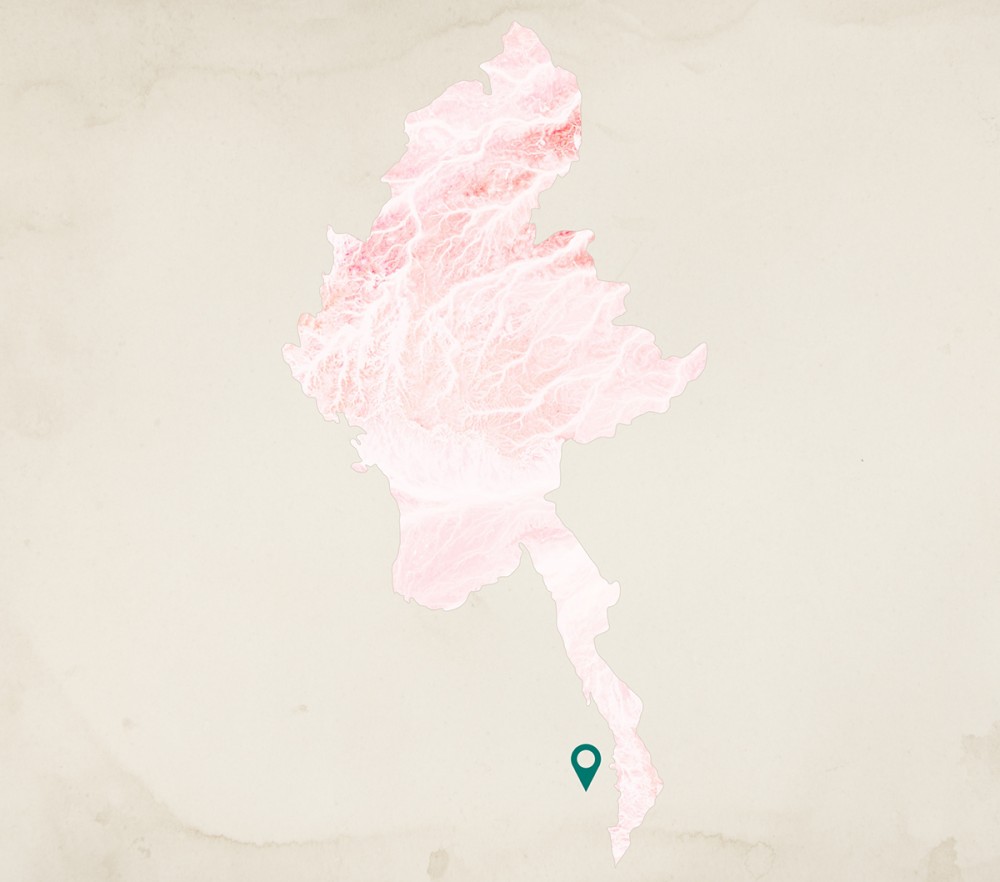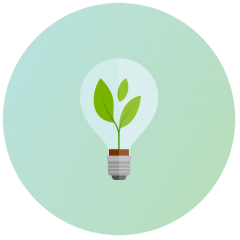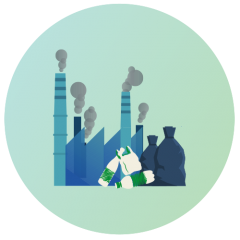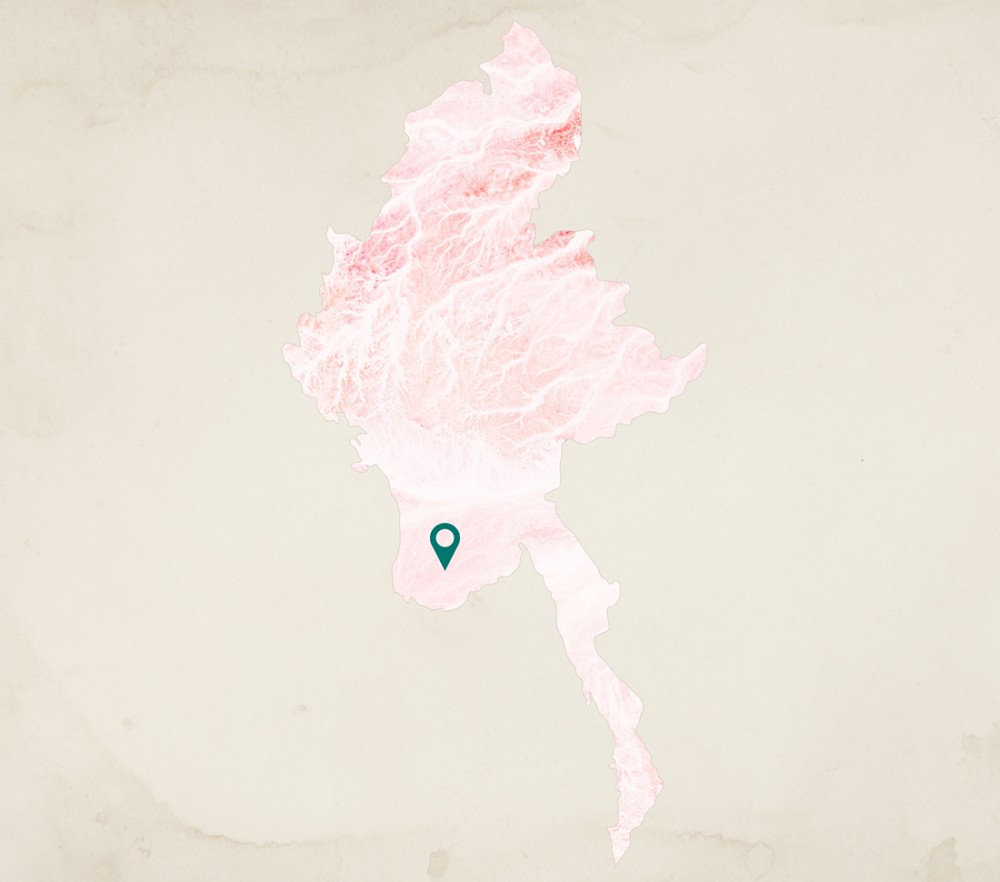

SMART Textile & Garments
Background
Due to weakly enforced emissions regulations and almost no restrictions on fuel sources, garment factories and other manufacturers in Myanmar often use coal and wood fuel for boilers, contributing to deforestation, worsening local air quality, and boosting greenhouse gas emissions.
The project
Being clean and sustainable in industries is firstly about reducing waste. Typical garment factories in Myanmar waste millions of kyats each month out of ignorance with regards to their wasteful practices. SMART encourages factories to save money, energy, water, and waste by implementing environmentally friendly measures.
More specifically, SMART also invites factories to produce their own energy sustainably using solar photovoltaic systems. With ample sunshine enjoyed most of the year and large roof spaces, Myanmar garment factories have all the assets required for a sustainable and profitable investment in renewable solar energy—especially handy when the cost of electricity is constantly increasing.
About the organization
SMART Textile & Garments is funded by the European Union and co-funded by the German Federal Ministry for Economic Cooperation and Development. It aims at improving working conditions, promoting labor and environmental standards, and reducing labor rights abuses in the garment industry.
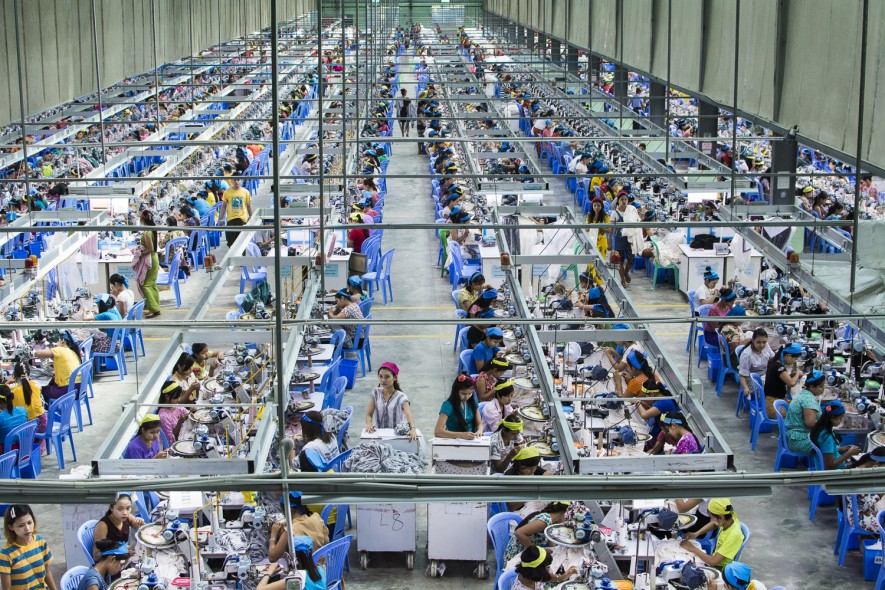
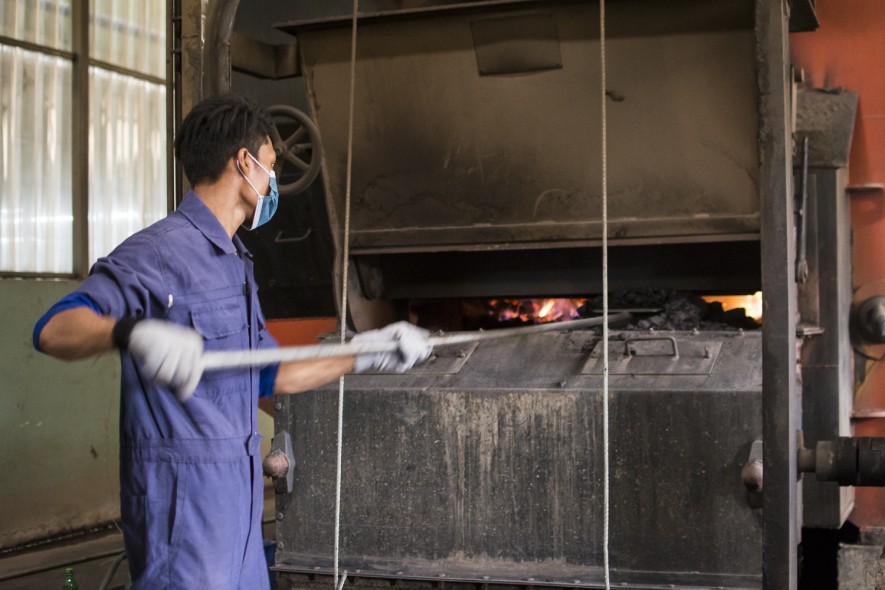
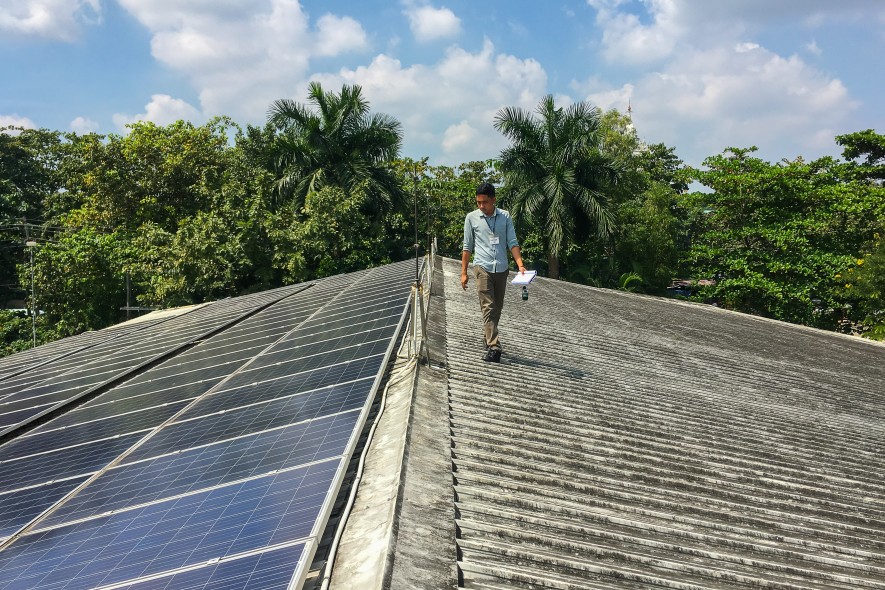
Implemented by

Financed by

Implementing partners
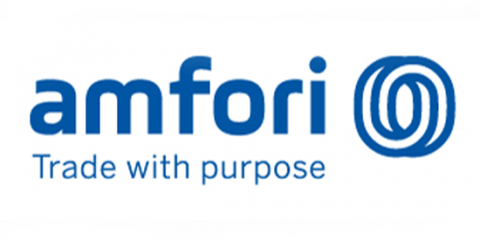


Locally Managed Marine Areas
Empowering local communities to protect and sustainably manage marine resources
